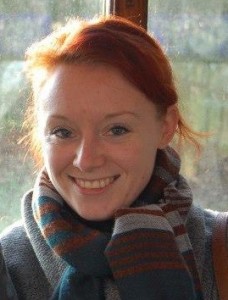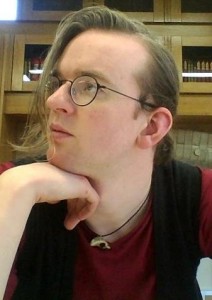This cfp could be of interest to some of us – contact the organisers for more information.
Call for Papers: “We the People: We the People: Democracy, Democratization and people power in the 21st Century”.
Conference organized by the SGIA PhD Association 8th December 2016 Senate Suite, Durham Castle.
Building on last year’s successful conference, this conference is organised to offer doctoral researchers across all universities in the North East (Northumbria, Sunderland, Teesside, Newcastle and Durham) an opportunity to present their work and receive feedback from peers and academics in a cooperative environment. Moreover, participants will be able to gain invaluable experience in conference participation and have the chance to expand their network with other students in the region. The conference will address three main areas: theories of democracy, democracy in state institutions and democracy outside and beyond the state. Submissions with a national, regional or global focus are all welcome, and are expected to contribute to academic debate either in a theoretical, empirical, or methodological perspective. Abstract length should be no longer than 200 words, and should include the title of the proposed paper, the author’s name and institutional or departmental affiliation.
Please send your abstracts to Edward Walker or Elisabeth De Vega Alavedra at sgia.pa@durham.ac.uk by the 15th of July 2016 deadline. We look forward to receiving your abstracts!
Best wishes, Edward Walker and Elisabeth de Vega Alavedra for the SGIA PhD Association For more information on the SGIA PhD Association, email us at sgia.pa@durham.ac.uk or contact us through Facebook at https://www.facebook.com/groups/sgia.phd.association/

